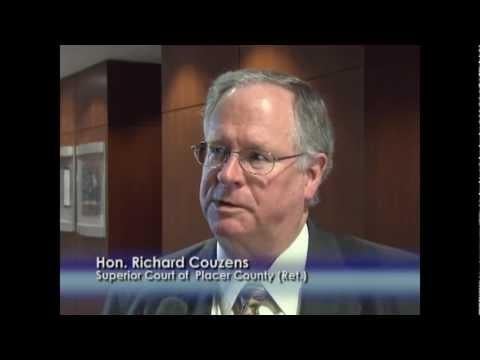California’s criminal justice realignment represents one of the most significant changes in criminal justice policy since statehood.
Criminal justice realignment, enacted via the Budget Act of 2011 and various budget trailer bills realigns the responsibility for managing and supervising non-serious, non-violent, non-sexual felony offenders from the state to county governments. As a broad summary:
- Criminal justice realignment does not change any law or procedure up to the point a sentence is pronounced.
- Criminal justice realignment changes the place where many felony sentences are served when the defendant is not granted probation. Instead of being sentenced to state prison, defendants convicted of a non-serious, non-violent, non-sexual felony with no prior such offenses serve their time in county jail.
- Persons released from state prison after serving a prison term for a felony that is not a serious or violent felony, a third strike, a crime where the person is classified as a high risk sex offender, or a crime where the person is required to undergo treatment by the California Department of Mental Health, are now supervised by the county probation department as opposed to state parole. This term of supervision is referred to as ‘Post Release Community Supervision (PRCS)’.
- Trial courts are now responsible for conducting parole and PRCS revocation hearings.

